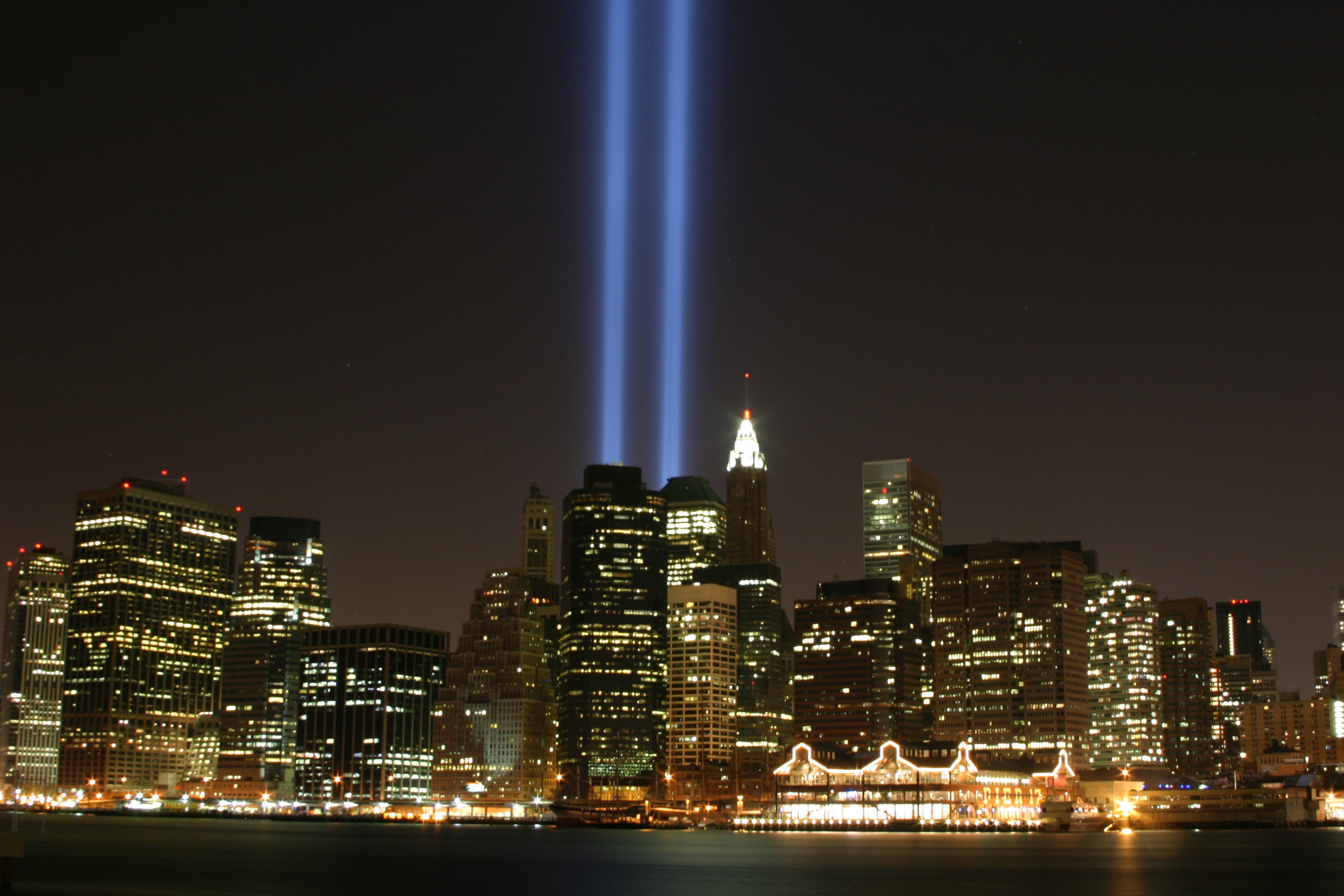The 9/11 attacks were a series of four co-ordinated terrorist attacks, launched by the Islamic group al-Qaeda, on the US, in New York City and the Washington DC area.
Four passenger airlines were hijacked by al-Qaeda terrorists and flown into buildings in suicide attacks. Two of these planes, American Airlines Flight 11 and United Airlines Flight 175, were crashed into the North and South towers of New York’s World Trade Center complex.
Within two hours, both towers had collapsed, with resulting fires causing partial or complete collapse of the other buildings in the complex. Nearly 3,000 people died in the four attacks.
The events changed the world’s perception of risk. In its 320-year history, the Lloyd’s market had seen many disasters – but nothing could prepare the industry for September 11, when the world watched in horror as the Twin Towers burst into flames, another plane flew into the Pentagon and the last, diverted by passengers, exploded in a field in Pennsylvania.
A personal and professional tragedy
9/11 was a personal and professional tragedy for many in the industry who lost colleagues and loved ones. Brokers Marsh and Aon had offices in the tower, and both companies felt the pain of the attacks acutely.
Through an online memorial, Marsh remembers the 295 colleagues and 63 consultants it lost on 9/11, while through a legacy website and the Aon Memorial Education Fund, Aon remembers the 176 colleagues it lost. The fund was established in 2002 to provide post-secondary educational financial assistance to the dependent children of Aon employees killed.
‘There was a tremendous amount of unsettled feeling across the whole global financial system, underpinned by the high emotion caused by the tragic loss of so many people,’ says Julian James, CEO of Lockton International, who was Lloyd’s Director of Worldwide Markets at the time of the attacks. ‘The insurance industry had never had to cope with an event that touched it so personally.’
The lessons of 9/11
As the market got to work to process a steady stream of claims, it became clear how significant an insurance loss the market was dealing with. 9/11 was Lloyd’s largest-ever single loss and it impacted many different classes of business.
Before 9/11, it had not been envisaged that classes of insurance such as aviation and fine art could suffer major claims at the same time as property and casualty lines. These once unthinkable correlations were among the lessons learned from the attacks.
Another major lesson was the necessity of contract certainty in the industry. It became clear that a dispute over whether the destruction of the Twin Towers had been one or two separate terrorism events would not have occurred had final policies been in place ahead of the attacks.
‘To any outsider, it must seem highly unusual that this single agreement should not be in place,’ said Lloyd’s Chairman Lord Levene, speaking in 2005. ‘The insurance industry owes it to its customers as well as to itself to ensure that cover is fully agreed and clearly documented right from the start.’
The Lloyd’s and wider London market tackled the culture of ‘deal now, detail later’ head on in the years after 9/11 and reached an important milestone in January 2007 when it was reported that 90% of contracts in the subscription market and 88% of contracts in the non-subscription market had achieved certainty.
